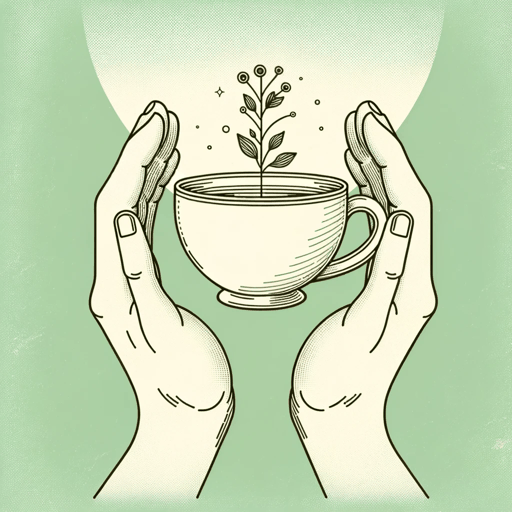19 pages • 38 minutes read
Billy CollinsLitany
Fiction | Poem | Adult | Published in 2002A modern alternative to SparkNotes and CliffsNotes, SuperSummary offers high-quality Study Guides with detailed chapter summaries and analysis of major themes, characters, and more.
Symbols & Motifs
The Bread
The bread, the very first metaphor introduced in the poem, borrowed from Jacques Crickillon’s original work, bookends the piece.
Crickillon uses the bread as a contrast to the wine, between homestead comforts and worldly pleasure, relying on the cultural associations of bread with domestic safety: In the Bible, bread is the symbol of life itself; in European folklore, carrying a piece of bread in one’s pocket offers protection from otherworldly threats. Crickillon’s image of bread is a metonym, a poetic device in which a small aspect of something stands in for the whole: by comparing his female beloved to bread, Crickillon’s speaker means that she represents home.
Collins, however, veers away from this straightforward and clichéd use of the symbol. Instead, he focuses on the fact that Crickillon insists that his beloved is both bread and knife—a nonsensical contradiction that the original poem fails to explain. To heighten the parody, Collins ends his poem by repeating Crickillon’s metaphor three times with slight variations: “don’t worry, I am not the bread and the knife. / You are still the bread and the knife. / You will always be the bread and the knife” (Lines 27-29).
Related Titles
By Billy Collins
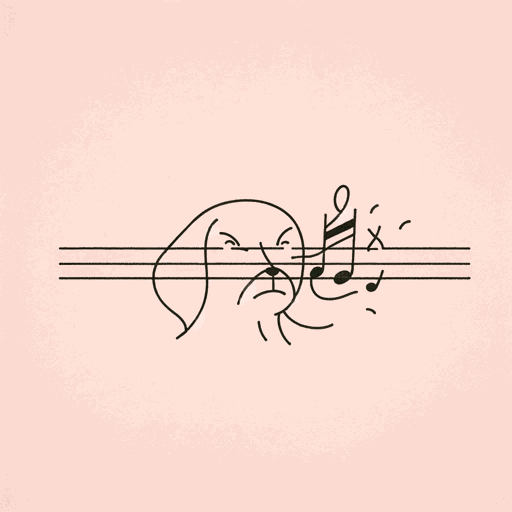
Another Reason Why I Don’t Keep A Gun In The House
Billy Collins
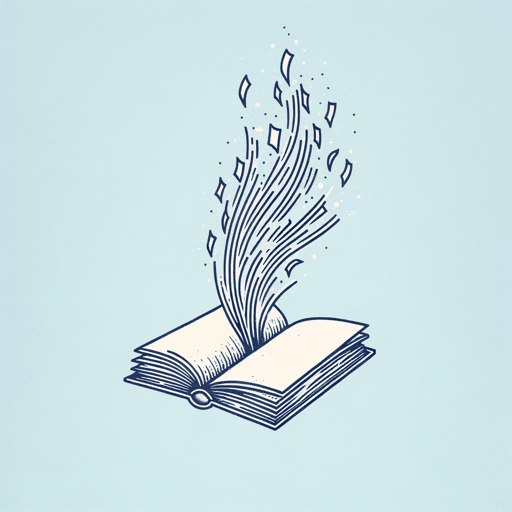
Forgetfulness
Billy Collins
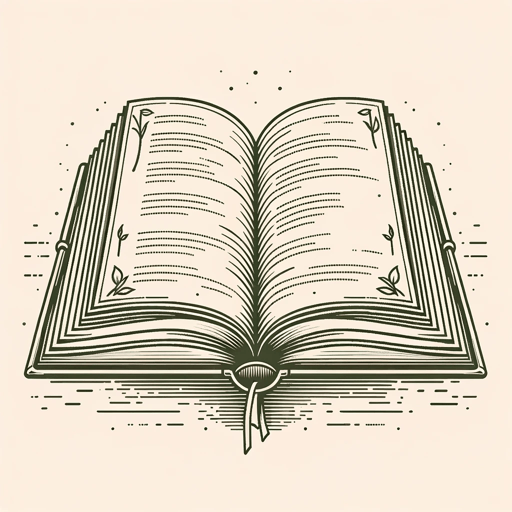
Introduction to Poetry
Billy Collins

On Turning Ten
Billy Collins
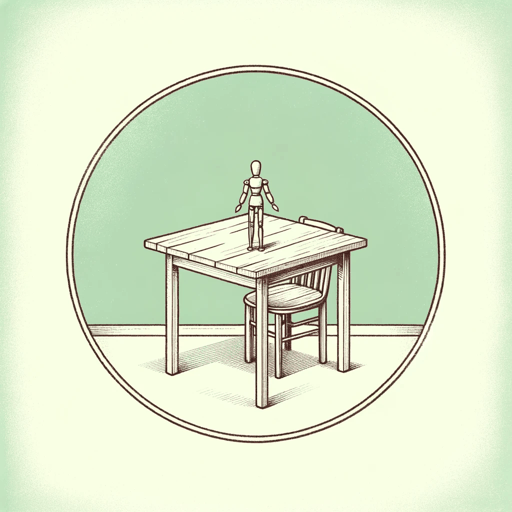
Some Days
Billy Collins

The History Teacher
Billy Collins

Today
Billy Collins
Featured Collections
American Literature
View Collection
Appearance Versus Reality
View Collection
Books & Literature
View Collection
Comedies & Satirical Plays
View Collection
Earth Day
View Collection
Marriage
View Collection
Short Poems
View Collection
Truth & Lies
View Collection
Valentine's Day Reads: The Theme of Love
View Collection
